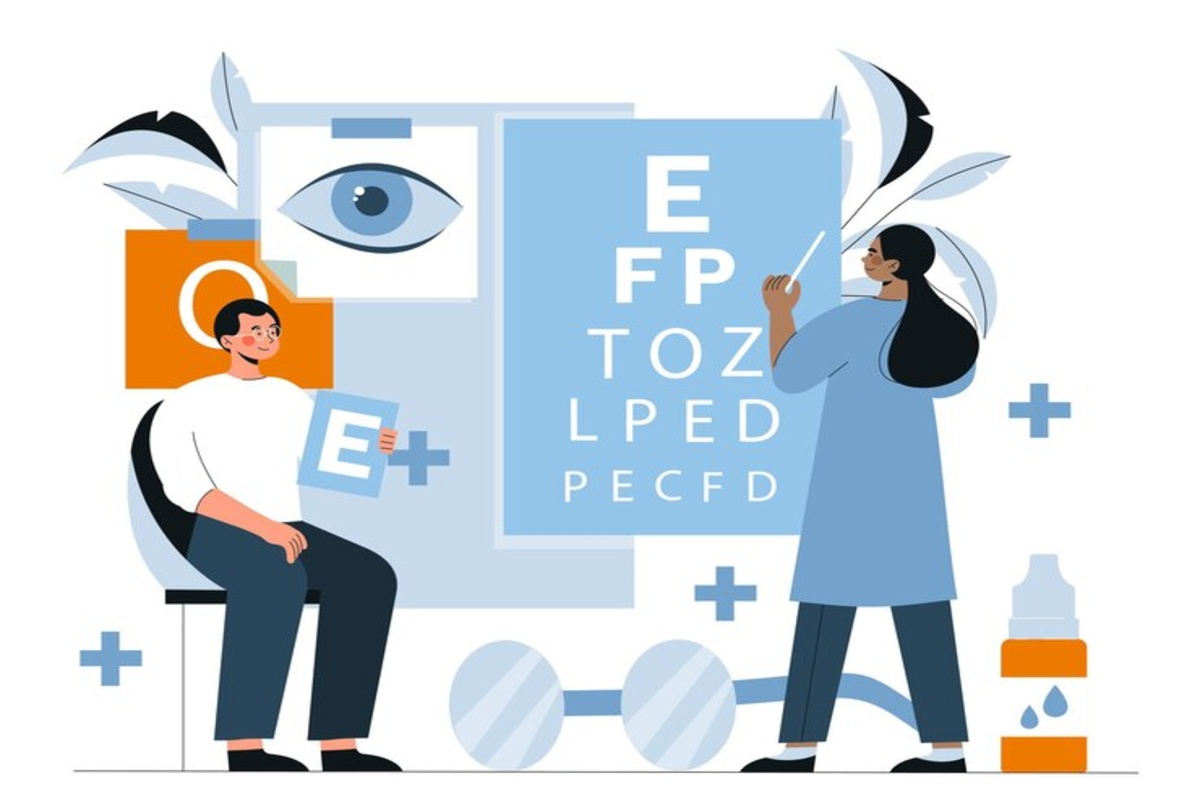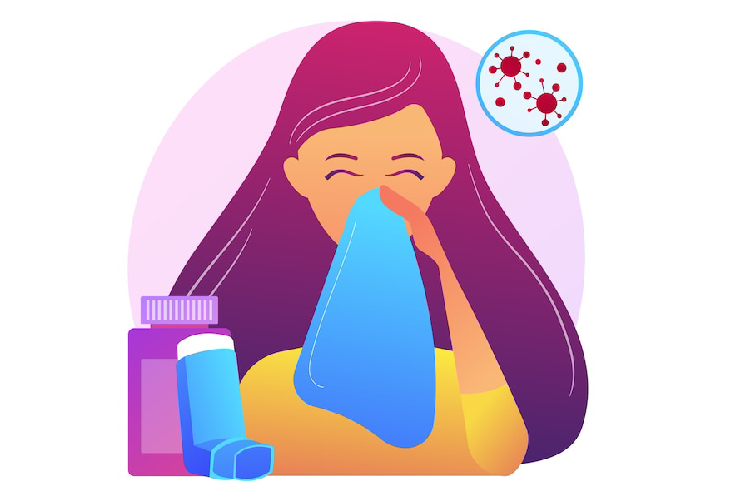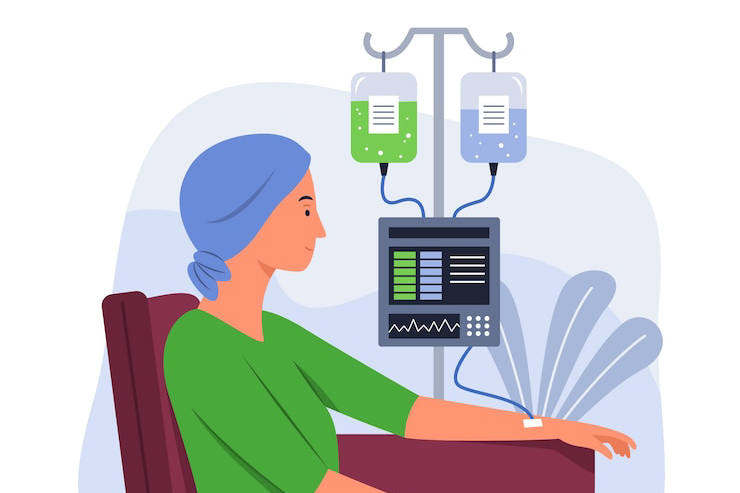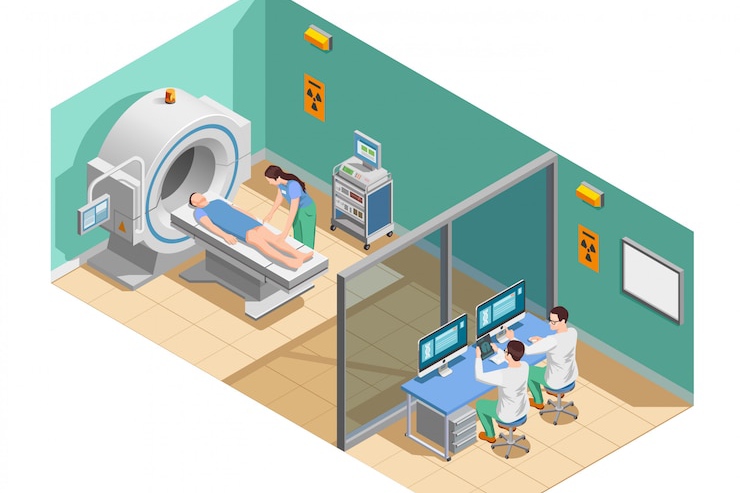
Eye Department Care: Taking Care of Your Eyes for Better Vision
Our eyes are one of the most important parts of our body. They allow us to see the world around us, helping us to read, drive, work, and enjoy life. But just like the rest of our body, our eyes need care and attention to stay healthy.
An Eye Department is a place where doctors and eye care experts help take care of your vision. They can help with everything from simple check-ups to treating serious eye problems. In this blog, we’ll talk about why taking care of your eyes is important, what services the eye department offers, and some easy tips to keep your eyes healthy.
Why Is Eye Care Important?
Your eyes are delicate and can develop problems that you might not notice at first. Some eye diseases can slowly get worse without causing pain or other clear signs. This is why it’s important to visit the eye department regularly, even if you don’t think you have a problem with your eyes.
- Refractive errors: This is when you have trouble seeing clearly at certain distances. Common issues include nearsightedness (can’t see far away), farsightedness (can’t see close), and astigmatism (blurry vision).
- Cataracts: A condition where the lens in the eye becomes cloudy, leading to blurry vision.
- Glaucoma: A condition where pressure in the eye can damage the nerve that sends images to the brain, often causing vision loss.
- Age-related macular degeneration: This affects the central part of your vision and makes things look blurry or distorted, usually in people over the age of 50.
- Diabetic retinopathy: This is a condition caused by diabetes, which can damage the blood vessels in the eyes and lead to vision problems.
- Dry eyes: When your eyes don’t produce enough tears, or the tears dry up too quickly, causing irritation and blurry vision.
What Services Do Eye Departments Offer?
- 1. Eye Exams
A basic eye exam is one of the most important services offered by eye departments. During an eye exam, an optometrist or ophthalmologist (eye doctor) will check your vision and look for any signs of problems with your eyes. They will check how well you see, test for eye diseases, and may use special equipment to examine the inside of your eyes. - 2. Vision Correction
If you have trouble seeing clearly, the eye department can help. They can provide glasses or contact lenses to help you see better. If you don’t want to wear glasses or contacts, the eye department can also discuss options like LASIK surgery, which can fix some vision problems. - 3. Treatment for Eye Diseases
If you have a condition like glaucoma, cataracts, or macular degeneration, the eye department can help you manage it. They may suggest treatments like eye drops, medicine, or surgery. Regular visits can help catch problems early and prevent further damage. - 4. Surgery for Serious Eye Problems
In some cases, surgery may be needed. For example, cataract surgery is one of the most common surgeries done in eye departments. This surgery replaces the cloudy lens in the eye with a clear artificial lens, restoring better vision. The eye department can also perform surgery for other conditions, like glaucoma or retinal problems. - 5. Emergency Eye Care
If you have an accident or injury involving your eyes, or if your vision suddenly changes, you may need emergency care. Eye departments are equipped to handle eye injuries, infections, and other urgent problems. The sooner you get treatment, the better the chances of saving your vision. - 6. Children's Eye Care
Children also need regular eye exams to check for conditions like lazy eye (amblyopia) or crossed eyes (strabismus). Catching these problems early can help ensure your child’s vision develops properly.
Simple Tips to Keep Your Eyes Healthy
- Wear Sunglasses:
Protect your eyes from the sun’s harmful UV rays by wearing sunglasses that block UV light. - Take Breaks from Screens:
If you spend a lot of time on your phone, computer, or TV, remember to take breaks. Follow the 20-20-20 rule: every 20 minutes, look at something 20 feet away for 20 seconds to rest your eyes. - Eat Healthy Foods:
Eating foods that are good for your eyes, like carrots, leafy greens, and fish, can help keep your vision sharp - Stop Smoking:
Smoking can increase your risk of eye diseases like cataracts and macular degeneration, so quitting is good for your eyes. - Drink Water:
Staying hydrated helps keep your eyes moist and reduces the risk of dry eyes. - Get Enough Sleep:
Sleep is important for your overall health, including your eyes. Lack of sleep can lead to tired, dry eyes.
Conclusion
Taking care of your eyes is important to keep your vision clear and healthy for a lifetime. Regular visits to the eye department can help detect problems early, so they can be treated before they cause permanent damage. If you haven’t had an eye exam in a while, make an appointment today and make eye health a priority.



